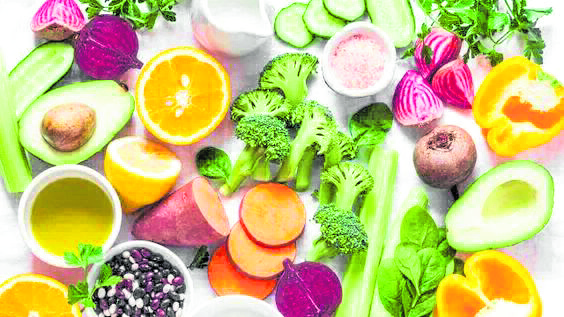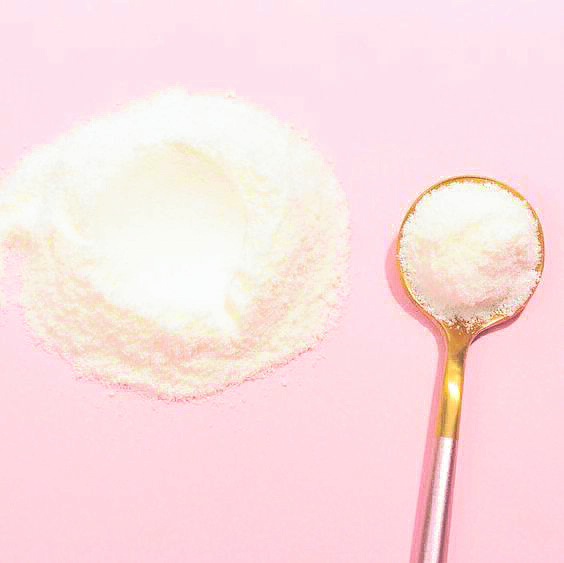Collagen is the most popular buzzword now when it comes to beauty and health. It’s in our creams and facial washes. It’s also in what we drink, such as supplements, and even in our soups.
Collagen is the protein that provides the supporting structure for the body. It is what anchors cells together. It gives our skin strength and elasticity.
There are 16 types of collagen. Here, I want to go through the most talked-about ones. I also want to take you through various natural ways you can get collagen, and what to avoid to prevent collagen damage.

Type I collagen is found in the skin, hair and nails. It’s also found in the connective tissues, along with our vital organs. As with most types of collagen in our body, Type I collagen production decreases when we hit 25 years old. You’ll see its gradual effects in sagging skin, fine lines, brittle nails, and thinning hair.
Type II collagen makes up our cartilage and is found in the skeletal system. It’s also what keeps the joints working well. Athletes are the ones who most need a boost of Type II collagen. Collagen peptide supplements are recommended for athletes to keep their joints working smoothly.
Type III collagen is found in the same sources as Type I collagen. It’s also the most popular type when it comes to collagen supplements, found in collagen peptides and marine collagen powders that you can mix with your drink.
You can influence your intake of external collagen by being smart about the food you eat. A healthy diet is always encouraged in order for your body to be able to produce more collagen. Always have a good amount of egg whites, meat, cheese, soy and cabbage in your diet.
Fruits such as blackberries, blueberries, cherries, and raspberries help, as well. Vitamin C-rich vegetables are also collagen’s best friend, so get some oranges, strawberries, peppers and broccoli.

Collagen is one of the biggest beauty buzzwords today.
Shellfish, nuts and red meat help, along with vitamin A that is found in animal-derived foods and in plant foods as beta-carotene.
Bone broth, which has risen in popularity these days, also gives you that collagen boost, aside from its other skin and health benefits.
Inversely, some food can cause collagen depletion and damage. The biggest culprit is always sugar and refined carbs. These two interfere with collagen’s ability to restore itself, so be wary. Be careful as well of too much sunshine, as it can reduce collagen production. So does smoking.

